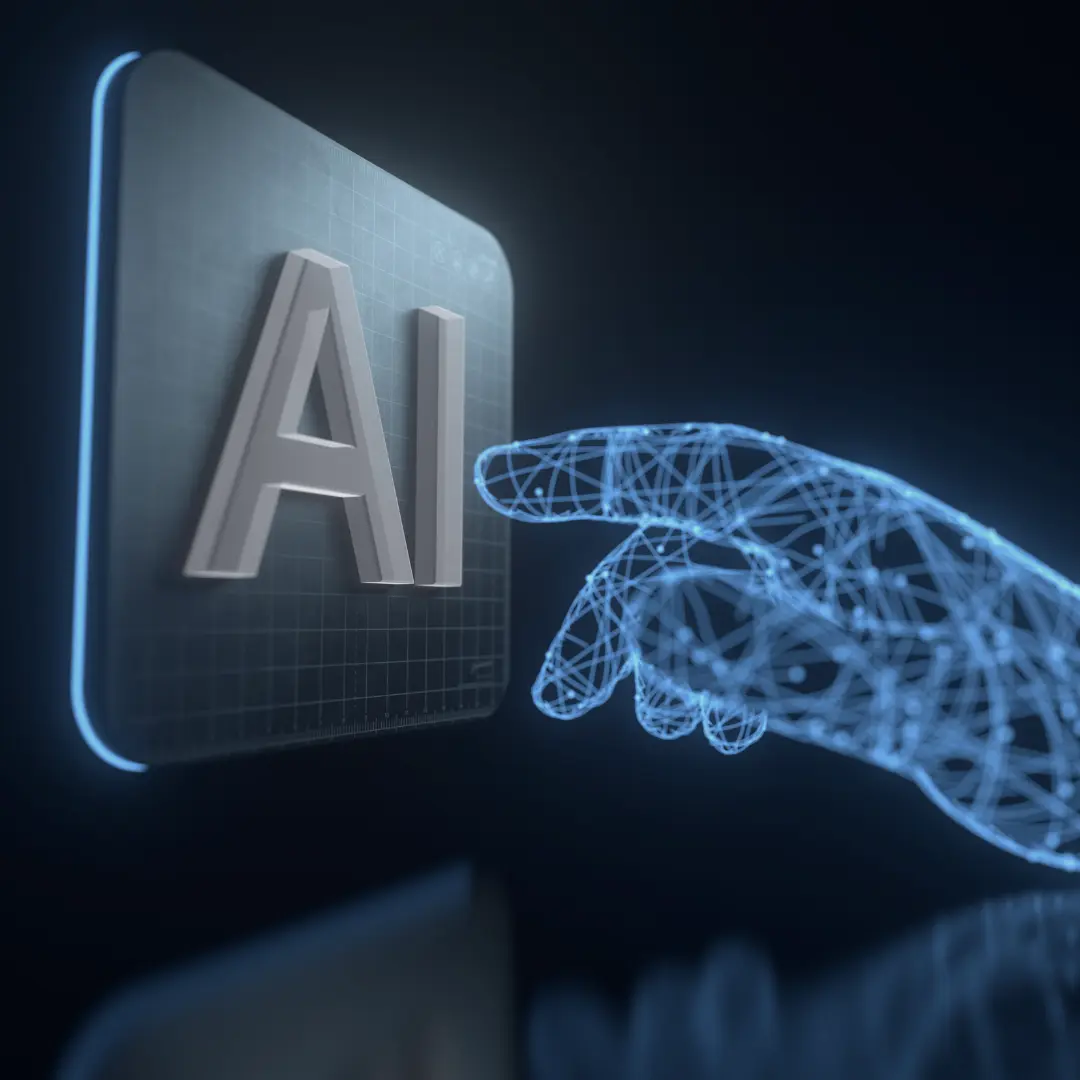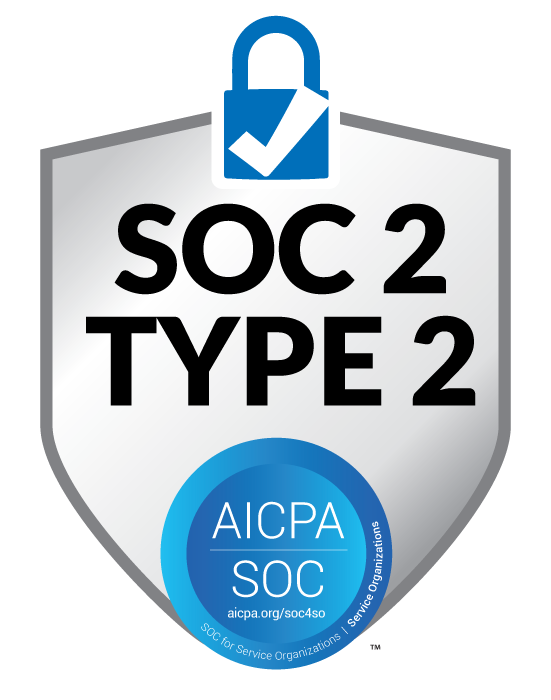Introduction
Defining an Ideal Customer Profile (ICP) is critical in B2B marketing and sales because it focuses efforts on high-value prospects, streamlining lead generation and boosting revenue predictability. Without a clear ICP, teams waste resources on mismatched leads, leading to longer sales cycles and higher churn. Traditional ICP development, however, has significant limitations: it often relies on manual research, subjective guesswork, and siloed data sources, resulting in incomplete or outdated profiles. These methods struggle to keep pace with rapid market changes, such as shifting buyer behaviors or economic fluctuations.
AI is changing the game by automating data integration and analysis, enabling real-time insights and adaptive profiles. With AI in B2B marketing, enterprises can process vast datasets to uncover hidden patterns, predict future needs, and personalize strategies at scale. According to McKinsey, AI-driven approaches can improve buyer identification accuracy to 87%, far surpassing the 36% of conventional methods. This shift not only enhances efficiency but also drives measurable outcomes like reduced CAC and higher ROI
What Is an Ideal Customer Profile (ICP)?
An ICP is a detailed blueprint of your most valuable customer, encompassing the firmographics (e.g., industry, company size, revenue), technographics (e.g., technology stack), intent data (e.g., search behaviors indicating purchase readiness), and behavioral signals (e.g., engagement with content or website interactions) that define them. Unlike broader buyer personas, which focus on individual traits, an ICP targets accounts or organizations in B2B contexts.
The importance of an ICP lies in its role in targeting, personalization, and sales efficiency. By aligning marketing and sales around a shared profile, teams can prioritize leads with the highest conversion potential, reducing wasted efforts and improving alignment. For example, a well-defined ICP can shorten sales cycles by focusing on prospects whose pain points match your solution, ultimately leading to better customer retention and upsell opportunities.
Challenges with Traditional ICP Building
Traditional ICP building faces several hurdles that hinder effectiveness. First, incomplete data is a major issue: manual collection from sources like surveys or sales notes often misses nuanced insights, leading to gaps in understanding customer needs. Second, these profiles are static, failing to evolve with market dynamics such as new competitors or regulatory changes, which can render them obsolete quickly.
Moreover, over-reliance on sales anecdotes versus data-driven insights introduces bias and inconsistency. Misalignment across departments exacerbates this, as marketing might target based on one view while sales operates on another, resulting in fragmented strategies and lower ROI. These challenges highlight the need for a more agile, integrated approach—enter AI.
How AI Enhances ICP Development
AI revolutionizes Ideal Customer Profile development through advanced capabilities that address traditional shortcomings.
Data Aggregation
AI unifies disparate data from CRM systems, social media, web analytics, and third-party sources, creating a holistic view of customers. Tools like HubSpot’s Breeze integrate these seamlessly, eliminating silos and enriching profiles with real-time data.
Pattern Recognition
Machine learning (ML) algorithms identify correlations between customer attributes and deal success, such as linking high cloud adoption with faster conversions in SaaS. This goes beyond human analysis, spotting subtle trends in large datasets.
Predictive Analytics
AI scores potential leads based on historical conversions, forecasting which prospects are most likely to buy. For instance, Salesforce Einstein uses predictive models to prioritize high-value accounts, improving engagement by 79% in some cases.
Natural Language Processing
NLP mines unstructured data from emails, reviews, and call transcripts to extract sentiment and intent, adding depth to profiles.
Continuous Learning
AI updates ICPs dynamically as new data arrives, ensuring profiles adapt to changes like economic shifts. This continuous refinement keeps strategies relevant.
| Aspect | Traditional ICP Process | AI-Driven ICP Process |
|---|---|---|
| Data Collection | Manual, siloed sources | Automated aggregation from multiple channels |
| Analysis | Subjective, anecdote-based | ML-powered pattern recognition and predictions |
| Updates | Static, periodic reviews | Dynamic, real-time learning |
| Accuracy | Prone to bias and gaps | Data-driven, with up to 87% buyer identification accuracy |
| Scalability | Limited by human capacity | Handles vast datasets at scale |
Step-by-Step Guide: Building ICP with AI
- Define Business Goals: Align Ideal Customer Profile (ICP) with objectives like growth or retention. For example, prioritize expansion in mid-market firms.
- Collect and Unify Data: Gather structured (e.g., CRM) and unstructured (e.g., social) data. Use tools like ZoomInfo for enrichment.
- Apply AI/ML Models: Segment audiences and score leads. 6sense’s predictive modeling can optimize targeting here.
- Validate with Teams: Review AI outputs with sales and marketing for human insights, adjusting for nuances.
- Automate Integration: Embed ICP into CRM, ABM platforms, and campaigns for seamless execution.
AI-Powered ICP in Action
Platforms like ZoomInfo + AI provide behavioral data and intent monitoring for B2B profiling. HubSpot AI automates segmentation and recommendations. Salesforce Einstein grounds predictions in CRM data, while 6sense excels in account-based insights.
Real-world scenarios include an enterprise SaaS company using AI to identify “fastest-growing mid-market firms with high cloud adoption,” resulting in a 4x pipeline increase. A bank refined ICP for SME lending via transaction and intent signals, achieving 25% higher conversions. In another case, Envidual used M1-Project’s ICP Generator for LinkedIn campaigns, yielding 1.7x industry-standard CTR.
Benefits for Enterprises
AI-driven ICPs yield higher lead-to-customer conversion rates, with predictive AI boosting them by 31%. They reduce CAC by 42% on average by targeting high-intent prospects. Better sales-marketing alignment fosters unified strategies, while precise targeting enables entry into new markets. Overall, these benefits drive sustainable growth and ROI.
| Benefit | Impact Statistic | Source Example |
|---|---|---|
| Conversion Rate Increase | Up to 31% with predictive AI | McKinsey study |
| CAC Reduction | Average 42% | B2B companies using AI |
| Pipeline Growth | 4x from targeted accounts | AI-optimized ICPs |
| Engagement Boost | 79% in personalized interactions | Dynamic AI approaches |
Future Outlook
The evolution of AI-driven ICPs is heading toward agentic AI, which not only identifies profiles but recommends campaigns and actions autonomously. This could integrate with ABM for proactive strategies.
Ethical considerations are paramount: AI can introduce bias, leading to discrimination, so diverse datasets and audits are essential. Data privacy under GDPR/CCPA requires consent and transparency to build trust. Balancing innovation with ethics will define future success
Conclusion
AI elevates ICP from a static document to a dynamic, evolving system that adapts to real-time data and market shifts. Enterprises should explore AI tools for ICP as the foundation for ABM, personalization, and revenue growth. Start by assessing your data sources and piloting a platform like HubSpot or 6sense— the competitive edge awaits.
About the Author

Aravind Balakrishnan
Aravind Balakrishnan is a seasoned Marketing Manager at lowtouch.ai, bringing years of experience in driving growth and fostering strategic partnerships. With a deep understanding of the AI landscape, He is dedicated to empowering enterprises by connecting them with innovative, private, no-code AI solutions that streamline operations and enhance efficiency.




